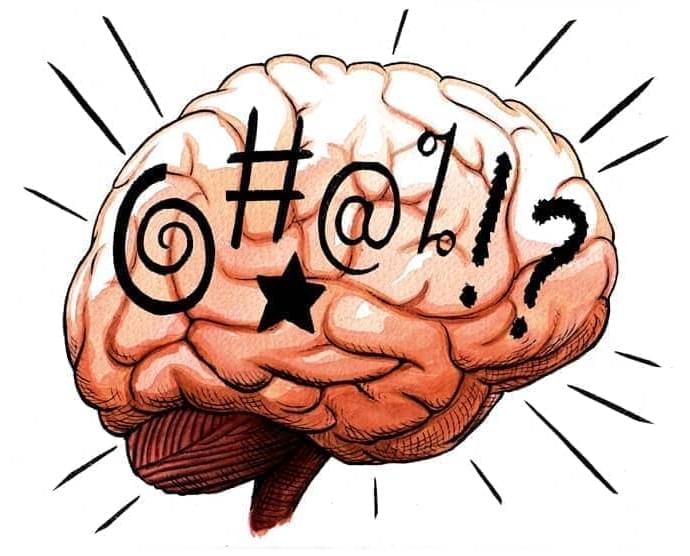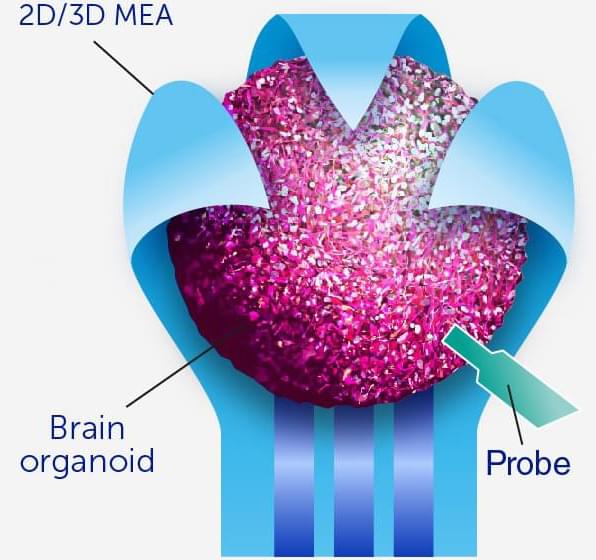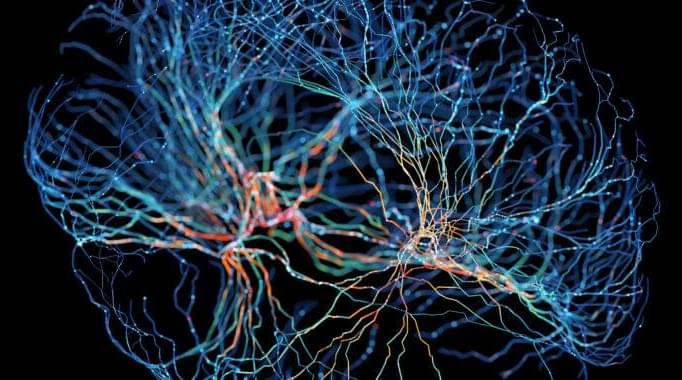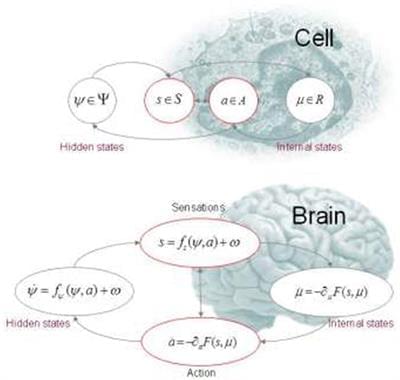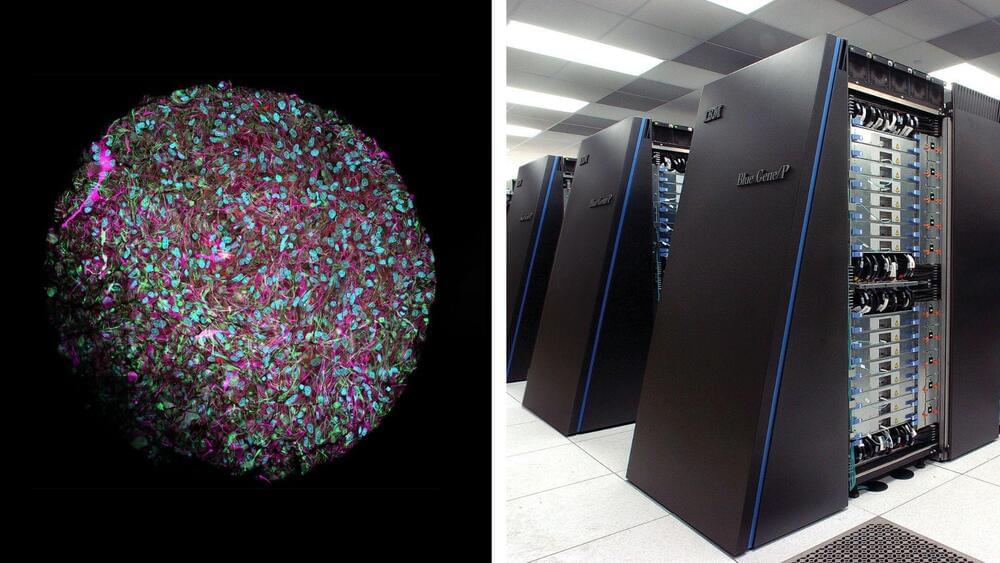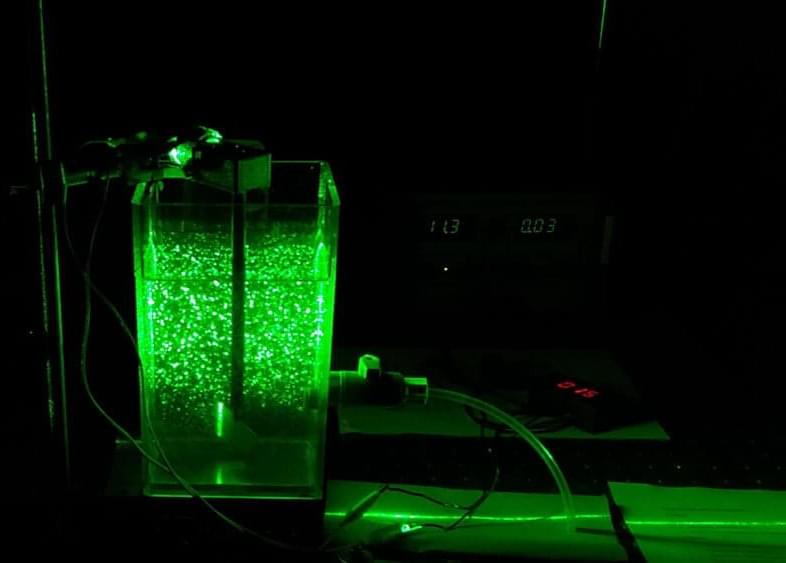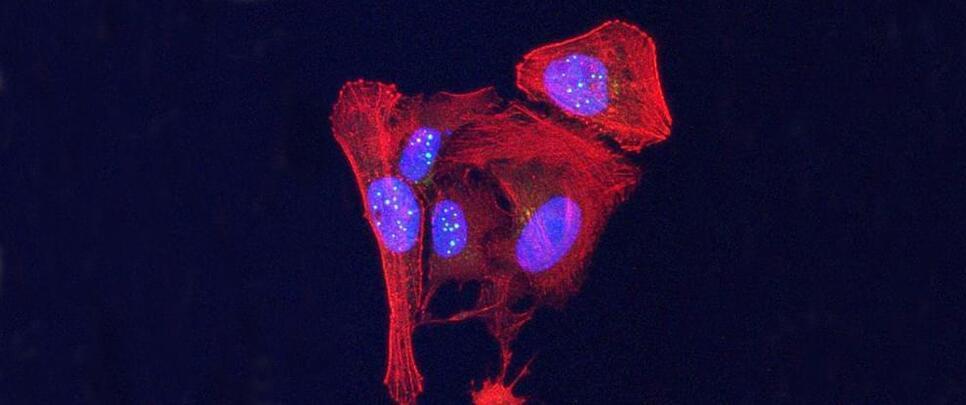Mar 5, 2023
Who’s afraid of organoid intelligence?
Posted by Jose Ruben Rodriguez Fuentes in categories: biological, mathematics, robotics/AI
For fans of bioethical nightmares, it’s been a real stonker of a month. First, we had the suggestion that we use comatose women’s wombs to house surrogate pregnancies. Now, it appears we might have a snazzy idea for what to do with their brains, too: to turn them into hyper-efficient biological computers.
Lately, you see, techies have been worrying about the natural, physical limits of conventional, silicon-based computing. Recent developments in ‘machine learning’, in particular, have required exponentially greater amounts of energy – and corporations are concerned that further technological progress will soon become environmentally unsustainable. Thankfully, in a paper published this week, a team of American scientists pointed out something rather nifty: that the walnut-shaped, spongy computer in your skull doesn’t appear to be bound by anything like the same limitations – and that it might, therefore, provide us with something of a solution.
The human brain, the paper explains, is slower than machines at performing basic tasks (like mathematical sums), but much, much better at processing complex problems that involve limited, or ambiguous, data. Humans learn, that is, how to make smart decisions quickly, even when we only have small fragments of information to go on, in a way that computers simply can’t. For anything more sophisticated than arithmetic, sponge beats silicon by a mile.
